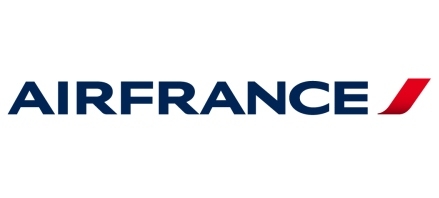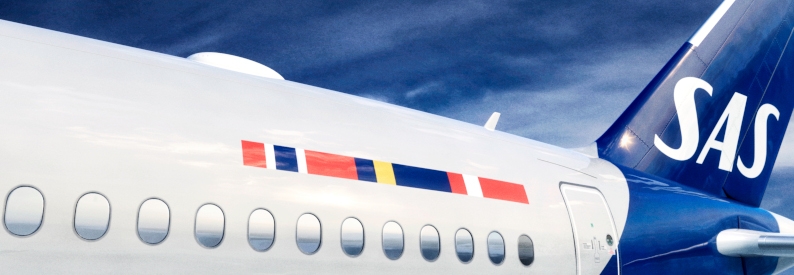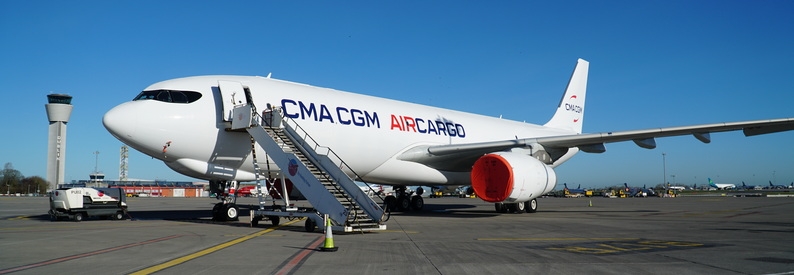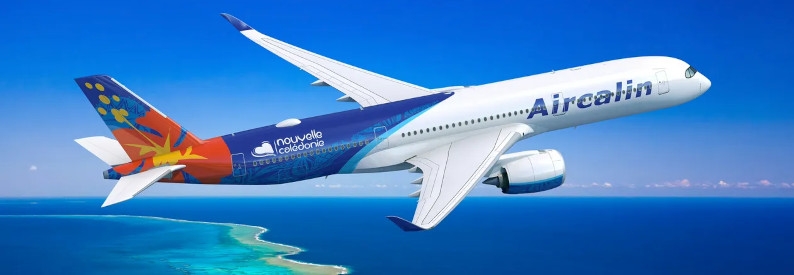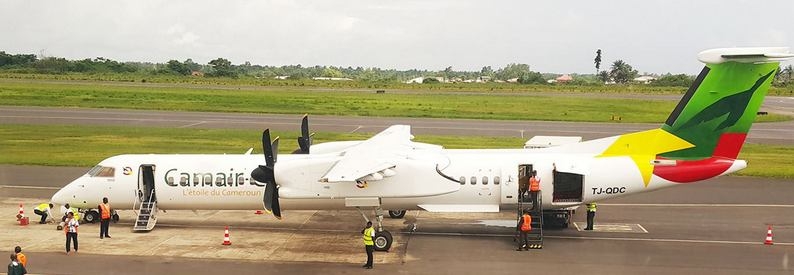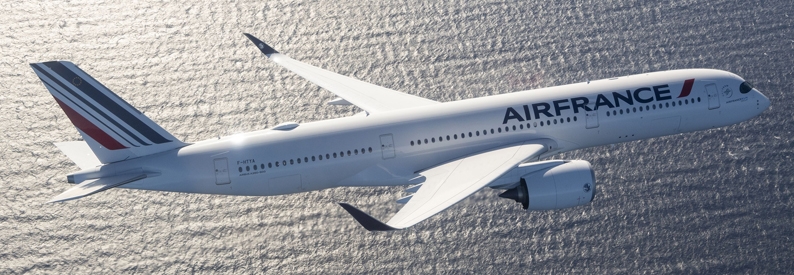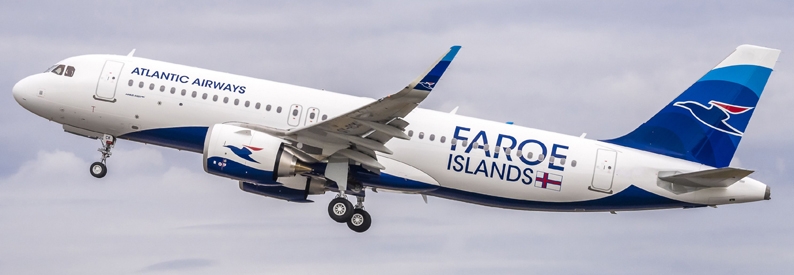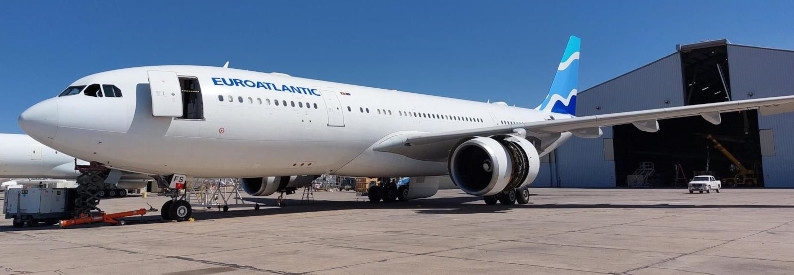The French government plans to finance a EUR100 million euro (USD109 million) investment in its rail sector by raising taxes on air tickets. This follows a recent ban on short-haul flights under 2.5 hours as part of efforts to promote train travel over air travel for environmental reasons.
Speaking on the radio station RMC on August 7, Transport Minister Clément Beaune confirmed existing taxes on plane tickets would be "reinforced" in the 2024 budget. "In the 2024 budget, we are going to strengthen the tax on plane tickets which already exists", he said. "It makes it possible to finance investments in the train [system]. Many people tell us that they are shocked that, often, the plane costs less than the train. We need more investment in the railroad", he said.
France first introduced what the airline industry under IATA has slammed as "discriminatory taxes" on plane tickets on July 1, 2006, with a "solidarity" tariff nicknamed the "Chirac Tax", as it was initially proposed in 2005 by French President Jacques Chirac to support aid to developing countries. In 2019, France also announced the introduction of a tax on flights from French airports to support the environment. The "Eco-Tax" was expected to raise around EUR180 million (USD196 million) from 2020. Taxes were increased in 2020. They range from EUR1.5 (USD1.6) for flights within France or the European Union (EU), to EUR3 (USD3.2) for economy-class flights, and EUR18 (USD19.6) for business-class tickets out of the EU.
Concerning a future European tax on kerosene, Beaune said this was "progressing" but required unanimity of EU member states. "It will be fairer and more necessary from an environmental point of view," he promised.
According to a Greenpeace analysis in July 2023 on Europe-wide ticket prices on planes versus trains, lower prices remain one of the main reasons people choose to fly rather than travel by train. On most routes (79 out of 112) analysed between April 25 and July 12, 2023, flights were less expensive than rail, while rail trips, on average, were twice as expensive as flights. It found that low-cost carriers operated 79% of all routes analysed.
IATA's position is that airlines and passengers should not pay for states’ funding of social programmes. "Besides the fact that this is fundamentally wrong, the air transport industry having to absorb more taxes means that it will have fewer resources to invest in growth and remain financially stable. With airlines struggling financially, the last thing needed is to be hit with discriminatory taxes that treat air travel as a sin, akin to alcohol and tobacco. In some regions, taxes now account for up to 26% of the cost of a USD200 ticket. IATA is strongly against these tax initiatives," the association says in a policy statement.
